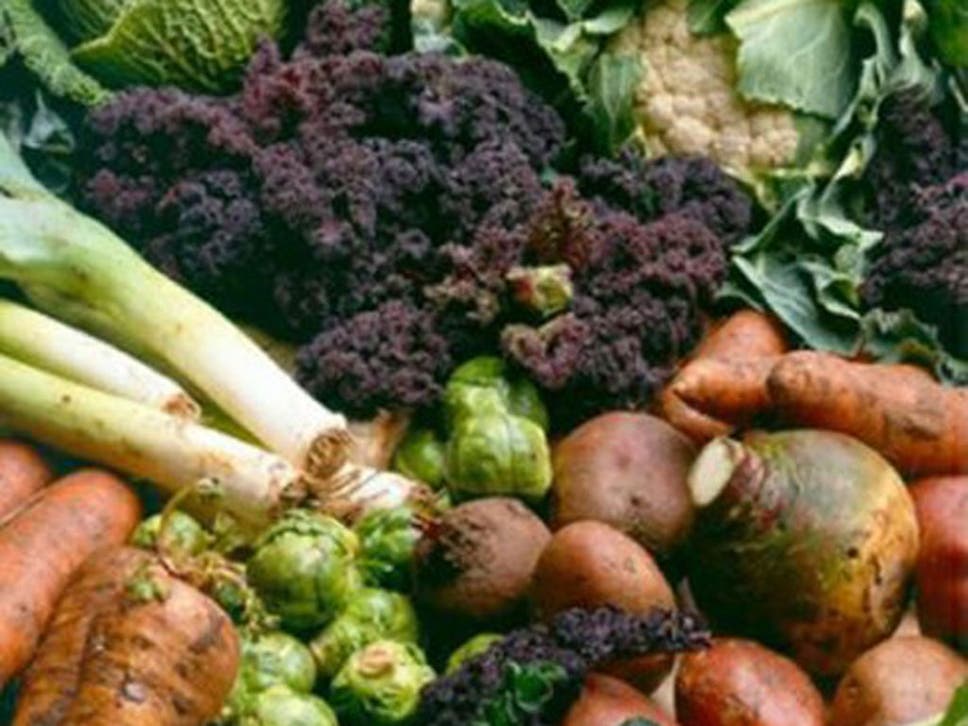Biochar amendment improves crop production in problem soils: A review
Problem soils have poor physical, chemical, and biological
properties that inhibit or prevent plant growth, largely due to inappropriate farming practices or anthropogenic pollution. Biochar has been widely used as a soil amendment
for improving soil quality. Relatively limited attention has been focused on the effects of biochar
amendment on plant growth in problem soils. A
comprehensive review of literature was conducted. This suggests that biochar amendment is a viable
way of improving the quality of problem soils and enhancing crop production.
It is anticipated that further research on biochar amendment will
increase our understanding on the interactions of biochar with
components of problem soils, speed up our effort on soil remediation, and improve crop production in problem soils.




